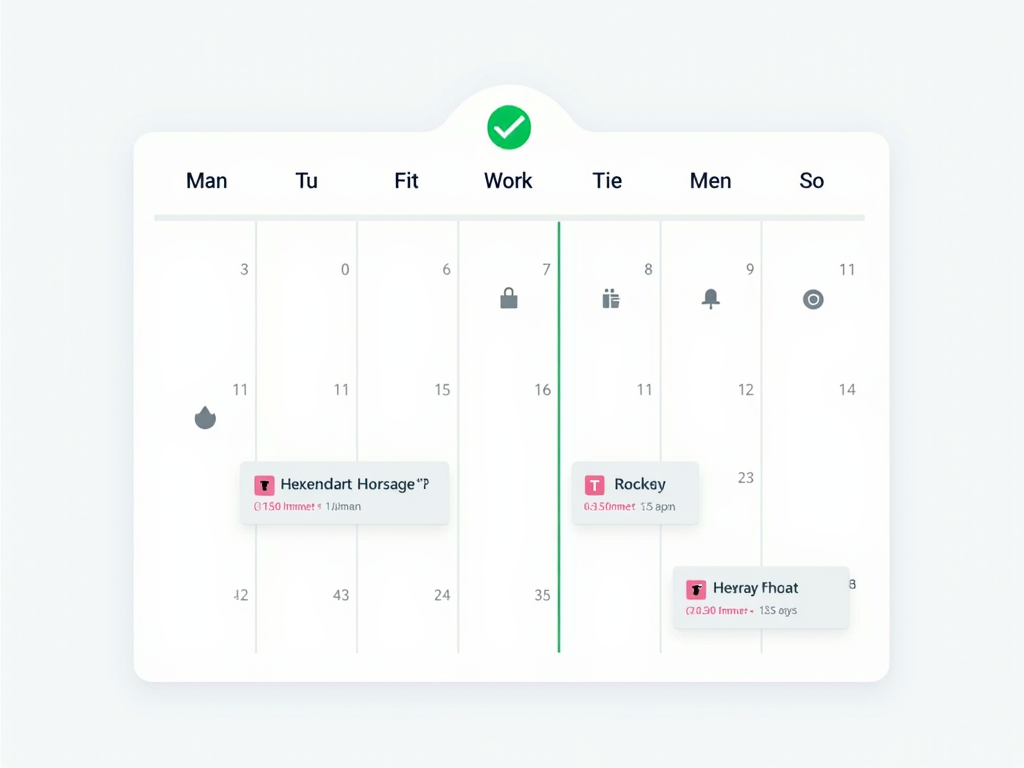Navigating a conversation with your employer about health accommodations can be daunting. This guide provides practical steps and insights to help you approach this discussion confidently and effectively.
What are Health Accommodations?
Health accommodations are adjustments made in the workplace to support employees with health conditions or disabilities. These can include flexible work hours, remote work options, ergonomic equipment, modified duties, or additional breaks. The goal is to enable employees to perform their job effectively while managing their health.
Why Might You Need Health Accommodations?
Health conditions like chronic fatigue, Chronic FPIES, or other chronic illnesses can significantly impact daily life and work performance. Accommodations can help balance work responsibilities with health needs, ensuring productivity and well-being.
Preparing for the Conversation
Before discussing health accommodations with your employer, it is essential to prepare thoroughly. Here are steps to consider:
Understand Your Rights
Familiarize yourself with laws and company policies regarding workplace accommodations. In many countries, employers are legally required to provide reasonable accommodations for employees with disabilities.
Gather Documentation
Obtain medical documentation that outlines your condition and the recommended accommodations. This can include letters from healthcare providers or specialists.
Identify Specific Needs
Be clear about what accommodations would help you perform your job better. For example, if you have chronic fatigue, you might need a flexible schedule to manage your energy levels.
Initiating the Conversation
When you are ready to talk to your employer about health accommodations, consider the following:
Choose the Right Time and Setting
Schedule a private meeting with your supervisor or HR representative when they are not rushed. A calm, private setting will allow for open discussion.
Be Clear and Direct
Explain your health condition briefly and focus on how accommodations can help you maintain or improve your work performance.
Focus on Solutions
Present your requested accommodations as solutions that benefit both you and your employer. For instance, remote work might reduce the strain of commuting and increase your productivity.
Addressing Employer Concerns
Employers might worry about costs, fairness, or setting precedents. Be prepared to discuss how the accommodations are reasonable and necessary.
- Offer to trial the accommodations for a set period to assess their effectiveness.
- Show how accommodations impact productivity positively. Let them know that these adjustments could lead to better job performance and reduced absenteeism.
Following Up and Maintaining Communication
After the initial conversation, follow up with an email summarizing the discussion and any agreed-upon accommodations. Keep the lines of communication open.
- If your needs change or the accommodations aren't working as expected, discuss adjustments promptly.
- Regular check-ins can help reassure your employer that the accommodations are effective.
Summary
Talking to your employer about health accommodations requires preparation, clarity, and open communication. By understanding your rights, gathering necessary documentation, and focusing on solutions, you can navigate this conversation effectively. Remember, accommodations are not just about your health; they're about maintaining productivity and creating a supportive work environment.



Discuss Here